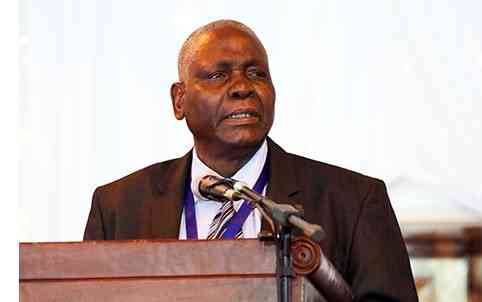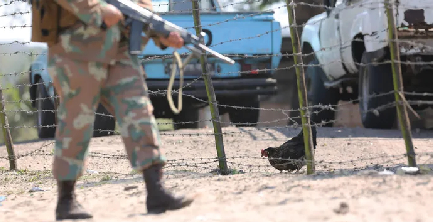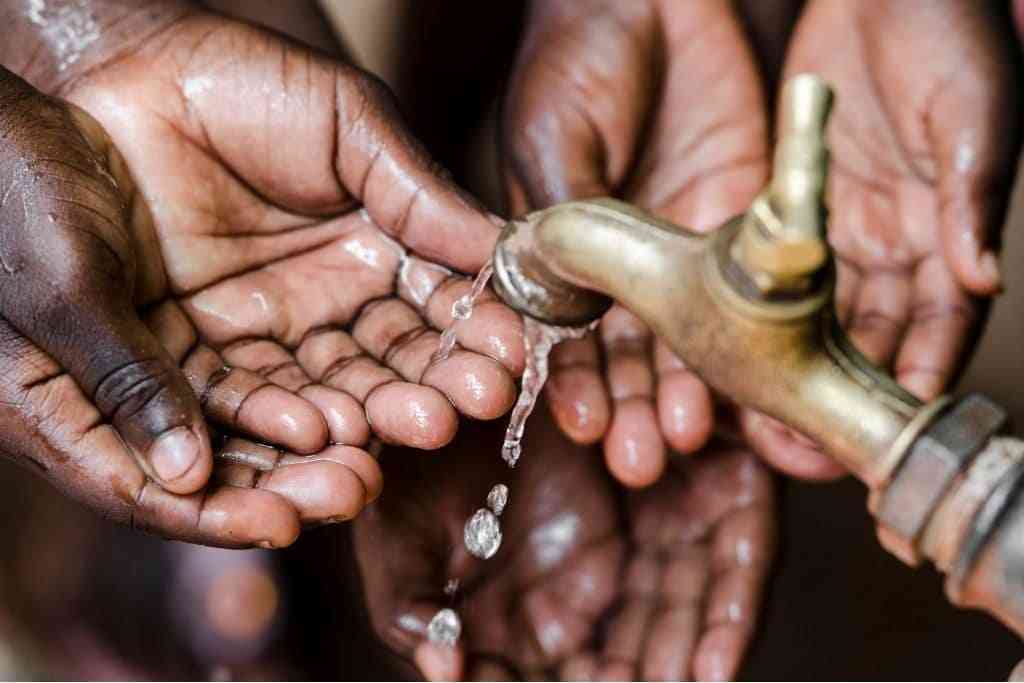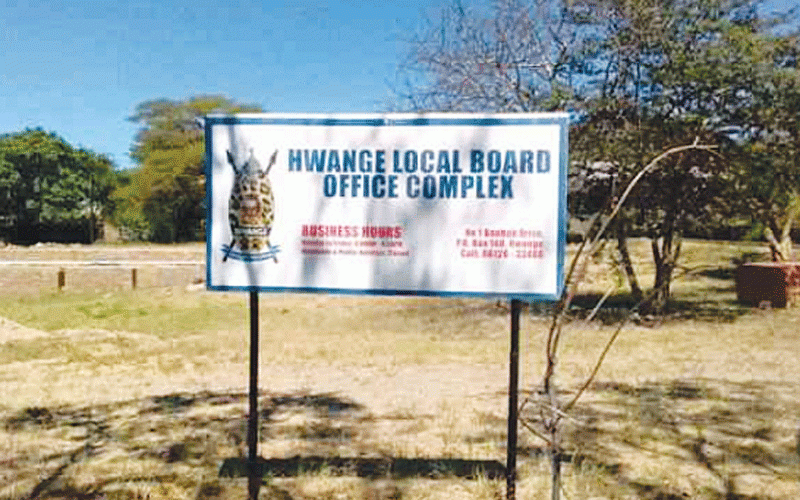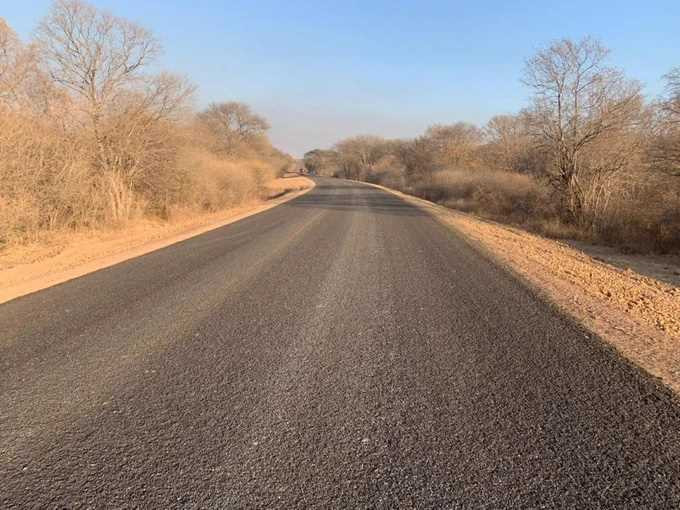
When Priscilla Sithole speaks about the 1970s liberation war, she does not frame it in triumphant slogans or tidy dates.
Sithole counts bodies and the empty cradles, the comrades who never had children and the friends whose bones still lie in the bush.
At 70, a former Zipra fighter and former councillor, Sithole says the price she and many women paid during the liberation struggle is until citing broken bodies, crippled finances and unhealed grief.
She went for military training at the age of 19.
“Our trainings were very difficult — sometimes you would be thrown in water for days until your body was weak,” she said.
“The gasses we inhaled made our chests burn and our eyes blur, but we were told to carry on.
“A lot of my comrades never had a chance to have children afterwards.”
Sithole said the conditions they went through affected them deeply as women.
- Villagers to launch seed bank
- New perspectives: Why Zanu, Zanu PF were successful in the 1970s, 80s and 90s
- Another ex-Zipra commander dies
- We are being sidelined: Zipra
Keep Reading
“Some of my sisters-in-arms were blamed in their marriages because they could not conceive, yet no one ever explained to their husbands what we had endured in those camps,” she said.
“We were just left to suffer in silence.
“Up to now, we never got the proper medical attention that could have helped us.”
That image of women who returned from the bush unable to conceive, blamed in their communities and left without care is the story’s sharpest chord.
it gives the piece a human centre: not only the remembered battles, but the long aftermath of injury, infirmity and neglect.
Sithole was born in 1955 in Mathuphula, Tsholotsho.
Her early schooling took her from Lotshe to Mzilikazi Primary and then Kapani, where she lived with her grandmother.
Financial limits ended her formal education in the early 1970s , in 1973 she moved to Bulawayo to stay with an uncle and joined youth activism under the Mhali branch.
Five siblings — three girls and two boys — left home together and made their way to Botswana and then to Victory Camp, she recalled.
“In June 1978, I went to Mukushi for training,” she said.
“That year on October 19 , we were attacked.
“The Boers came on a Thursday, bombing us heavily.
“I remember the noise, the smoke and the screams.
“We stayed trapped there until Monday when our commanders finally removed us.”
She added: “My left hand was injured, my leg broke as I struggled to climb out of the water with those heavy black jombo boots.
“My chest was crushed, my eyesight weakened.
“I had to stay five days in that water, and the gasses they threw at us damaged us even more.”
Sithole said some of her colleagues didn’t make it.
“One comrade from Kezi kept saying she had bullets in her body, and we lost her there,” she recounted.
“These are things you never forget.”
After further training in Solwezi and movements connected to Lancaster House negotiations, she and others were flown back to Salisbury and later sent to campaign and resettle in Matabeleland, where they continued organising until the ceasefire.
“No one was better than another. We shared food, pain, laughter and tears,” she recalled.
“We had nothing, but we carried each other.
“Today, when I look around, I sometimes ask myself: what did we really fight for because the spirit of comradeship we had then is lost now.”
Sithole and many of her fellow veterans say their injuries — physical and psychological — have not been met with sustained medical support.
She described paying for hospital bills out of her small pension, while persistent pain in her spine and joints goes untreated.
“We are sick, in pain, all in one,” she said.
“Every day I wake up with my back aching, my chest tightening, my eyesight failing.
“There is no medication given to us.
“But how do I pay when what I get as a pension is not even enough to live on?”
She added: “They deduct from the little that I have, leaving me with almost nothing.
“We fought for this country, but when you are old and suffering, it is as if the country has forgotten you.”
Beyond health and pensions, she complained about lack of recognition and proper burial for departed ex-combatants.
Sithole described comrades whose remains have never been properly returned or reburied, and families still waiting to reclaim bones found in unmarked graves.
“Is that how you treat people who fought for this country?,” she asked.
“And what about those who died in the bush?
“Their bones are still lying there, scattered, forgotten; their families never got closure.”
She added: “We are slowly dying as war veterans, knowing our friends are still out there in unmarked graves
“It haunts us every single day.”
She insisted recognition should not only go to the foot soldiers.
“During the war, there were comrades who served as nurses, midwives, teachers, those who cooked, those who sewed our uniforms,” she said.
“They kept us alive.
“They were part of the struggle as much as those of us who carried guns.
“But today, they are treated as if they were nothing.
“Everyone played their part. Why should only a few be honoured?”
She emphasised that those who served did more than fight: they taught, they nursed, they made uniforms, and they cooked and managed logistics.
“We truly were a government in exile,” she said.
“We had schools, clinics, and systems in those camps.
“Some of our comrades made the combats we wore, others taught children so they would not lose their education.”
She added: “There were women who delivered babies in the bush as midwives.
“But what have they been given for all that sacrifice? Nothing.
“We ask for the government to remember all of us equally.
“Don’t just praise the commanders — remember the cooks, the nurses, the teachers, the people who made sure the movement survived.”
She also spoke of psychological distress.
“We need counselling,” she said.
“We need spaces where we can sit as comrades, talk about the nightmares we carry, and maybe find healing.
“Some of us even say to each other, ‘it would have been better to die back there,’ because at least then we would not live to see neglect.
“In the war, comradeship was strong — no one thought of themselves, we were one...that hurts the most.”

